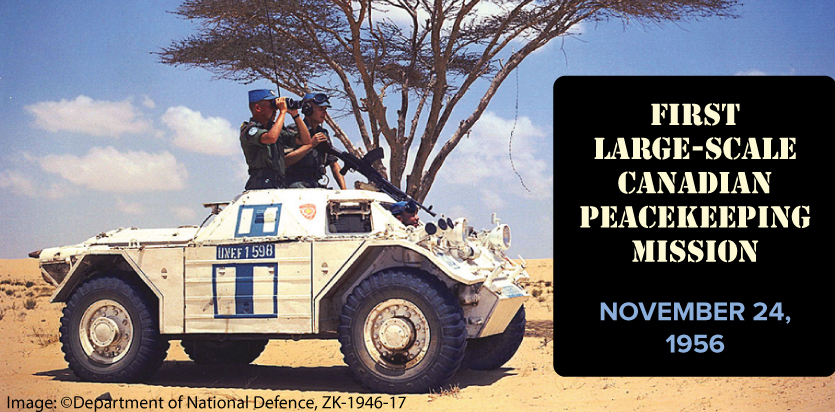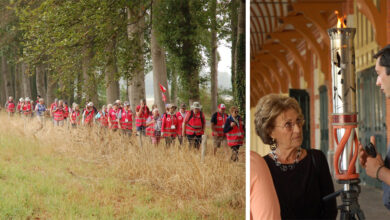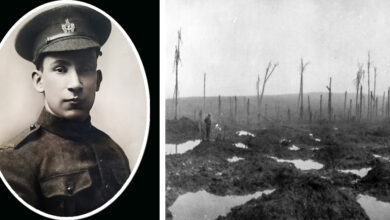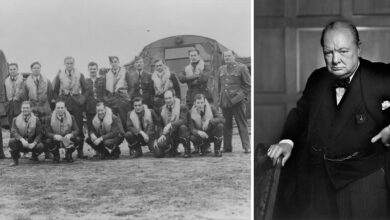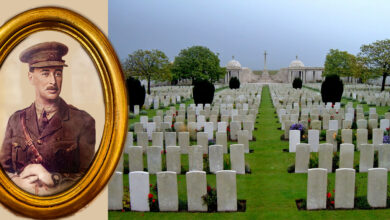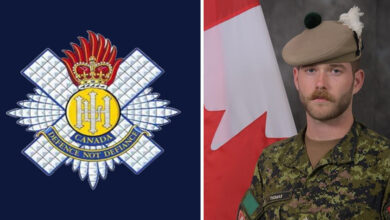Remembering
Canada marks 61-years since first modern peacekeeping mission to Egypt
On this day 61 years ago, Canada helped pave the way for modern international peacekeeping missions when thousands from more than 20 countries deployed to Egypt in the wake of the Suez Crisis in 1956.
Led by Lester B. Pearson, Canada’s secretary of state for external affairs at the time, Canada, and other United Nations members came together to defuse the tensions over control of the Suez Canal.
Tensions had erupted because although Egypt had gained full independence after the Second World War, the Suez Canal still remained in British and French control. In 1956, Egypt decided to take action and seized control of the waterway forcing Israel, France, and Britain to invade the North African country and secure the canal zone.
Soon after, the newly formed UN convened to discuss the situation, and during these discussions, Pearson called for a multinational armed force to restore peace and prevent major conflict. UN members agreed.
This plan would be monitored and enforced by the UN under the command of LGen. “Tommy” Burns, a Canadian.
Not only was Canada responsible for this first peacekeeping mission, but it also had a role in creating the symbolic blue helmets that UN peacekeeping forces wear today. Fearing that their uniforms were too similar to British troops, Canada voiced the need for a symbol to distinguish themselves as peacekeeping forces and not British ones. And so the blue headgear was born.
This first peacekeeping mission was successful, initially, with French and British troops withdrawing by March of 1957. However, tensions remained between Egypt and Israel and in 1973 Egypt and Syria jointly attacked Israel. UN peacekeeping forces remained in the region until the Camp David Accords were signed. The UN mission came to an end in 1979.
Hundreds of Canadian soldiers served in peacekeeping missions in Egypt mostly serving in a logistical nature: transportation, communication, supply, and health support. More than 50 Canadians lost their lives while serving in this region, the largest loss of life in any single Canadian peacekeeping effort.
Because of his role in establishing international peacekeeping missions, Pearson was awarded the Noble Peace Prize in 1957 and later went on to become prime minister of Canada.


